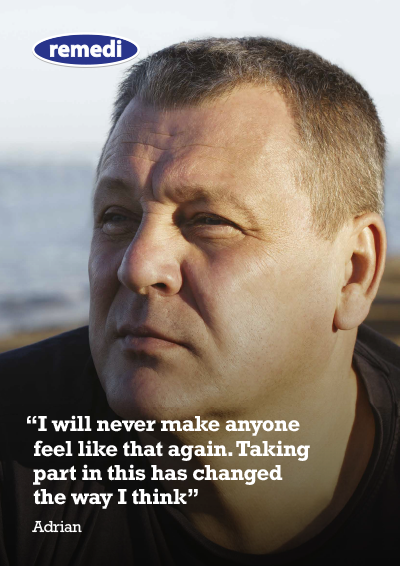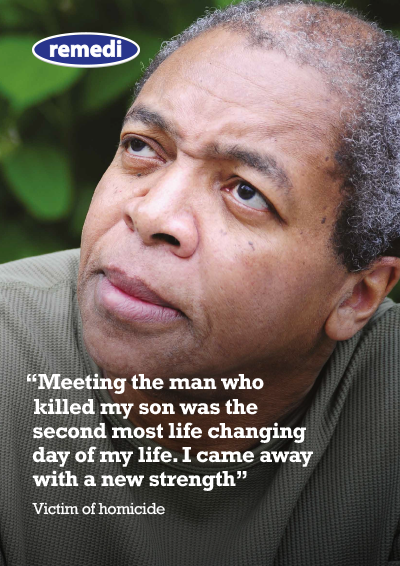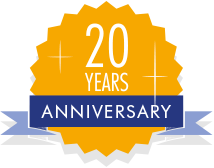Remedi have provided Restorative Justice (RJ) services in partnership with Youth Offending Teams, National Probation Service, CRCs, Police and Prisons since 1996.
What is Restorative Justice?
Restorative Justice provides victims of crime and the offender responsible to communicate with the support of a trained practitioner.
Communication can take place:
- Face to face: We will support both the victim and offender throughout this process and prepare them for meeting. Our trained practitioners are present throughout. We call this DIRECT Restorative Justice.
- Via Letter exchange: Again provided with our full support. Most frequently we will identify the questions/issues that the victim would like to address and these would be answered in the form of a letter which we will collect and deliver to the victim. We call this INDIRECT Restorative Justice.
Additionally we can act as the ‘go between’ by exchanging questions and information verbally between the victim and offender.
Restorative Justice is entirely voluntary for all of those taking part- Remedi believe this is vital to ensure the integrity and honesty of the process.
Where can Restorative Justice be used in the Criminal Justice System?
The simple answer to this question is ANYWHERE and at ANY STAGE. Remedi will look to facilitate RJ where both the victim and the offender agree to take part. We undertake a rigorous risk assessment with all concerned and if we cannot take a case forward for any reason we will explain our reasons for making that decision.
Why would a victim or offender choose to take part in Restorative Justice?
The best way to answer that question is to actually hear from people who have taken part and how they would answer that question. Please see right.








